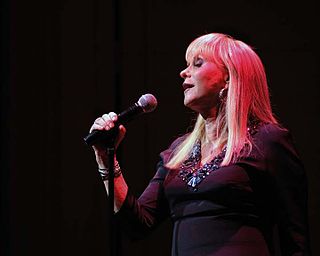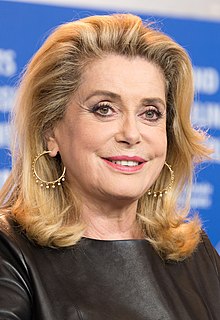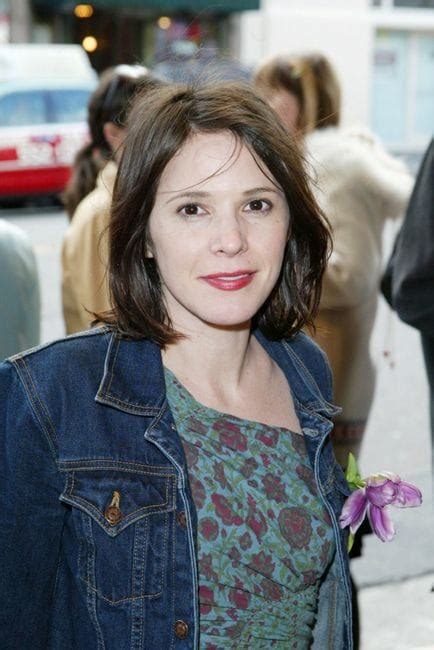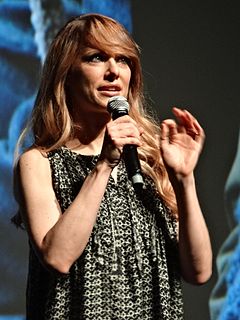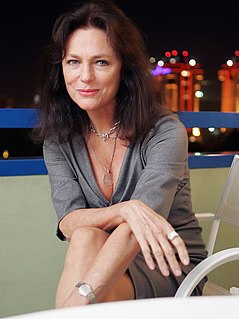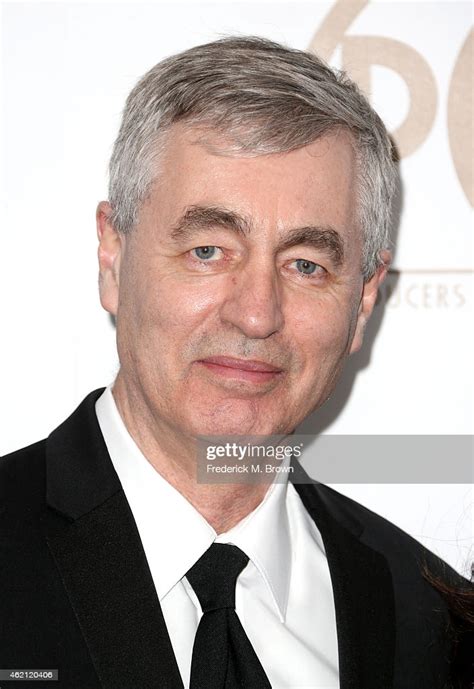A Quote by Nicolas Roeg
I've always felt that, although Truffaut was greatly revered and admired, at the same time, in terms of film and how much he loved film, he was underestimated.
Related Quotes
I always felt that with an Antoine Doinel film, Truffaut was taking a vacation, that Francois could relax when making a Doinel film. All of the language came to him very easily. 'The 400 Blows,' I felt, was a collage of all his childhood experiences. Every time he felt an Antoine Doinel film was necessary, he'd make one.
For me, architects and film directors operate similarly. They are practical. As an architect, you know what you want in the conception of a space - but you still need a lot of people to help you out. You need an engineer, interior architects. But a film is the same - you have all these elements. But in terms of concept, it's always about time. When you approach a building, you need time to go from point A to B. Buildings are designed as a journey and films are the same, you have an opening that you come through, an angle you follow, maybe a disruption in space.
I like the saying: "The world is as you are." And I think films are as you are. That's why, although the frames of a film are always the same - the same number, in the same sequence, with the same sounds - every screening is different. The difference is sometimes subtle but it's there. It depends on the audience. There is a circle that goes from the audience to the film and back. Each person is looking and thinking and feeling and coming up with his or her own sense of things. And it's probably different from what I fell in love with.
In any film business, if you're trying to get your next film made, you would never say, 'Oh, my last film was a cult film.' I'd say, 'Oh, great, well I hope this one isn't!' I always say to Johnny Knoxville, 'How do you do it? You sort of do the same thing we did, except you made millions, and I made hundreds.'
Generally, I don't like publicity on docs in progress, much less ones that are only in development; I've always tried to stay under the radar in terms of any press, especially with regard to the subjects of the film. I don't want them to be thinking about the film or funding or what the public reaction is going to be.
Film and television are very different. On the TV show, we do seven or eight scenes a day, so time and money are of the essence, and we have zero room for creativity because you've got to do each scene in only five takes. Whereas, on a film, you have an entire day to film one scene, so you have so much time to choose how you want to fill in a scene.


